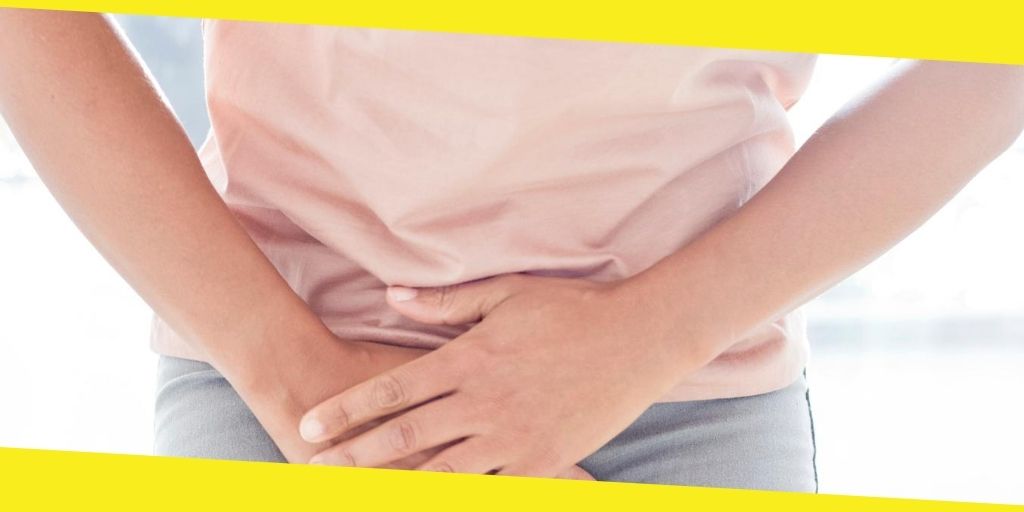Tips for Treating Frequent UTIs

When bacteria travel to the urinary tract system through improper wiping technique, routine swimming suit wear, or failure to urinate after sexual activity, a person can experience recurring UTIs. If bacteria successfully latch onto organs of the urinary tract system such as the kidney, bladder, or urethra, you may experience UTI-related systems. Some of the common red flags associated with a UTI include a burning sensation when urinating, cloudy or dark urine, and pain in the lower abdomen.
Physicians will often prescribe antibiotics as a treatment for UTIs. Unfortunately, chronic urinary tract infections may not respond to conventional treatment, so you may need to implement lifestyle changes and take health supplements like Uqora UTI prevention products to keep these bacterial infections at bay.
For more tips on treating the pain-inducing urinary tract infections, consult these basic tips-and-tricks for a UTI-free lifestyle.
Natural remedies
Antibiotics are the most common treatment option. However, these medications may fail to remedy infections. Because UTIs inflame abdominal pain, lower back pain, painful urination, and life-altering fatigue, managing symptoms is essential.
If these antibiotics aren’t able to treat UTIs or relieve systems, a UTI-sufferer will turn to home remedies to alleviate their pain. For natural pain relief, there are several options you can explore.
Drink more cranberry juice
In addition to vitamins, cranberry juice contains proanthocyanidins. According to a 2012 study, these compounds prevent bacteria from attaching to the urinary tract. Without adhesion, the bacteria cannot infect the urothelial. If you don’t enjoy the taste of cranberry juice, you can sample other cranberry products such as tablets and capsules. Before incorporating cranberry into your daily rituals, you should speak with your urologist.
Drink plenty of water
Dark, cloudy urine is one of the symptoms associated with urinary tract infections. This dark pigmentation indicates the presence of harmful toxins in the urine. This high concentrated urine is responsible for the burning sensation experienced during urination. Drinking water dilutes the urine, thus reducing the pain. Regular consumption of water can flush harmful bacteria from your bladder, so meeting or exceeding your daily recommended water intake is essential.
Increase probiotic intake
Probiotics are a class of bacteria that can benefit your urinary tract system. Probiotics fight infection in three ways. For one, these bacteria increase the production of antibodies, thereby boosting your immune system. Taking probiotics also aids in the production of hydrogen peroxide, which is a known antibacterial agent. Lastly, probiotics reduce your urine pH, making it uninhabitable for disease-causing bacteria. You can derive a healthy amount of probiotics from fermented dairy products such as yogurt, kefir, and sauerkraut.
Medication
While antibiotics remain the most popular course of treatment for patients with UTI, natural solutions are gaining recent popularity. An antibiotic course for a UTI that lasts for seven days is usually enough to kill the bacteria that cause common infections.
However, complicated urinary tract infections are stubborn to resolve. Low-dose antibiotics are generally recommended for the average UTI patient. A full dose can last for six months or more. The type of bacterial infection will determine the type of antibiotics prescribed.
Oral antibiotics
Oral antibiotics come in the form of tablets, capsules, or liquids. These tablets or capsules are ingested through the mouth for the recommended duration of time. Oral antibiotics come in the form of one-time doses or a course of medication lasting for several days.
While some antibiotics are taken on an empty stomach, others must be taken with food to minimize the side effects. UTI patients that suffer from other complications such as kidney infections may require injectable antibiotics or hospitalization.
Intravenous antibiotics
Those facing complicated UTIs can rely on intravenous antibiotics for treatment if they’re allergic to oral forms. The antibiotics are administered directly into the bloodstream for immediate results. Intravenous antibiotics are ideal for pregnant patients with complicated urinary tract infections in need of immediate relief. Such patients usually have to be admitted to the hospital for treatment if the infection escalates.
Pain relief
Urinary tract infections can cause discomfort and back pain in those affected. Although pain relief medications don’t treat the infections, they can help you cope with the UTI-related symptoms. Pain medication can be prescribed, along with antibiotics. Some pain relief options are available over-the-counter.
The bottom line
Not all urinary tract infections go away on their own. Untreated and complicated UTIs can spiral into other complications such as kidney damage, urethra narrowing, and premature births. Consult a physician at the earliest sign of danger and monitor for red flags.
If you choose to visit a clinic, the doctor will analyze the urine sample and determine the type of bacterial infections. After testing, your physician may prescribe a round of antibiotics. You should always take the full dose to avoid recurrent infections.
Recommended For You
4 Tell-Tale Signs That You Need To See A Vein Specialist
Most Inside
Most Inside offers high-quality recommendations and valuable updates to enhance all aspects of your life, providing premium guidance and enriching experiences.




